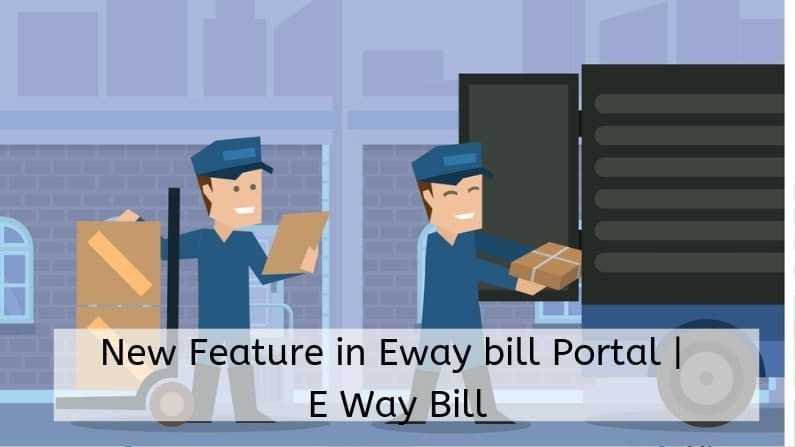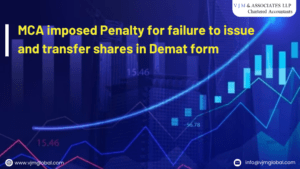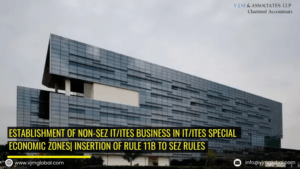Distance between supplier and recipient was always big question while creating E- Way Bill among other problems. Several new feature has been integrated in E- Way Bill portal and major one is auto calculation of distance in eway bill based on Pin code.
Waybills under Goods and Service Tax (“GST”) regime are created using electronic e-waybill system. Since the date of implementation of waybill under GST, many changes have been made in system from time to time considering representations made by users.
Considering various representations received, e-waybill system has proposed few major amendments in e-waybill portal on 25.03.2019 which are as follows:
1. Auto-calculation of distance based on Pincode
Presently, while generation online e-Waybill in form EWB-01 user is required to enter distance between the supplier and recipient. However, e-waybill system is adding a new feature i.e. auto calculation of distance in eway bill. This feature will auto-calculate the distance between the supplier and the recipient based on postal pincode of source and destination location.
However, user may enter actual distance but he can increase such distance by 10% of the suggested distance.
E.g.,1. if e-waybill portal suggests distance of 500 kms between place A & B then user can enter distance of maximum 550 kms (500 Kms + 10% of 500 Kms).
2. E-waybill portal suggests distance between place B & C as 300 kms then user may continue to use this distance only or he may enter any other actual distance upto 330 Kms (300 Kms + 10% of 300 Kms).
If source and destination pincode are same then maximum distance allowed is 100 kms.
If user enters incorrect pincode then system will provide alert message and will also provide flag about these e-waybills to department. However, user may still enter the distance but such distance will be subject to departmental review.
2. Blocking of generating multiple e-waybills against one invoice
e-Waybill is now implementing one invoice, one e-waybill policy to avoid generation of multiple waybills against one invoice. Once waybill is generated, then no other party (consignor, consignee or transporter) can generate another waybill against such invoice number. Such change will implement from next version.
3. Extension of e-waybill if consignment is in transit
Based on representations received from transporters, next version of e-waybill system will be incorporating the feature of getting extension for generated e-waybills when goods are in transit (on road or in warehouse) or in movement.
If goods are in transit, user will need to enter address details of transit place. If goods are in movement, user will require user to enter place and vehicle details from where extension is required.
Further, for calculating distance and validity period, destination pin will be considered from the Part-A of the e-waybill.
4. Blocking of interstate transactions for composition dealers
Composition dealer is not allowed to make inter-state supply, therefore, next version will not allowed composition dealer to generate waybill for inter-state movement.
Further, composition dealer will also not be allowed select tax invoice type for intra-state supply and also will not be able to enter tax amount in CGST & SGST column for intra-state supply.
Read more on Why it is important to fill Part B of Eway Bill






